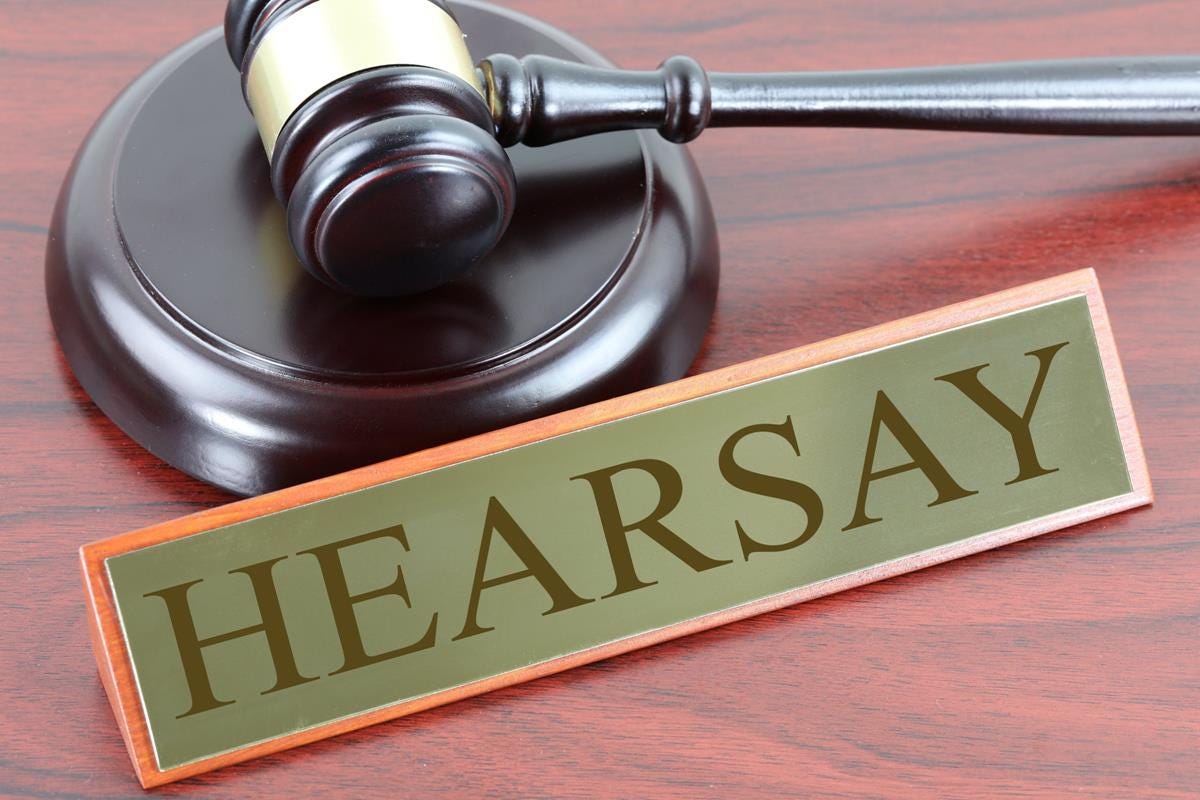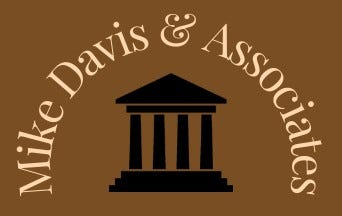Evidentiary difficulties faced by debt buyers at trial
Hearsay versus the business records exception
Updated on Nov. 27, 2023: This post, originally published on Nov. 18, 2023, now includes information regarding the business records exception.
Debt buyers, who purchase delinquent accounts from original creditors, often find themselves facing evidentiary difficulties when attempting to collect on these debts in court. From proving ownership of the debt to establishing the accuracy and admissibility of account records, the evidentiary hurdles can be daunting. The job of the defense attorney is to exploit those difficulties for the benefit of his or her client.
In this article, we will delve into one of the specific challenges that debt buyers such as LVNV Funding, Midland Credit Management, and Cavalry SPV I face during trials, specifically debt buyers’ reliance on third-party documents.
One of the things that a debt buyer must prove at trial is whether it actually owns the account it is suing upon. The documents that supposedly approve the purchase of the debtor’s account come from another (third) party, namely the original creditor that sold the account to the debt buyer.
These third-party documents are hearsay.
“Illinois courts . . . have concluded that a document produced by one party which is retained in the records of a second party does not qualify as a business record of a second party.” International Harvester Credit Corp. v. Helland, 151 Ill. App.3d 848, 853 (2d Dist. 1986).
"Hearsay" is a statement, other than one made by the declarant while testifying at the trial or hearing, offered in evidence to prove the truth of the matter asserted. Ill. Rule of Evid. 801(c).
And, of course, hearsay is not admissible evidence. Ill. Rule of Evid. 802. The only exception is for this exception is when it is admissible evidence!
One of these exceptions is the business records exception.
Illinois Supreme Court Rule 236:
(a) Any writing or record, whether in the form of any entry in a book or otherwise, made as a memorandum or record of any act, transaction, occurrence, or event, shall be admissible as evidence of the act, transaction, occurrence, or event, if made in the regular course of any business, and if it was the regular course of the business to make such a memorandum or record at the time of such an act, transaction, occurrence, or event or within a reasonable time thereafter. All other circumstances of the making of the writing or record, including lack of personal knowledge by the entrant or maker, may be shown to affect its weight, but shall not affect its admissibility. The term "business," as used in this rule, includes business, profession, occupation, and calling of every kind.
(b) Although police accident reports may otherwise be admissible in evidence under the law, subsection (a) of this rule does not allow such writings to be admitted as a record or memorandum made in the regular course of business.
The first sentence of part (a) seems pretty straightforward — if a business conducts some kind of activity on a regular basis and keeps a record of it, such a record can be admitted into evidence despite that it is hearsay.
However, at a trial, it must be shown to the court that, indeed, the activity occurred on a regular basis and that it was a regular practice to keep a record of that activity. This must be shown by a witness’s testimony.
This is a problem for the debt-buyer because its witness works for the plaintiff debt-buyer, not the company that originally created the records.
Stay tuned to my next post for why Illinois Rule of Evidence Rule 602 presents a problem for witnesses seeking to get third-party documents admitted into evidence.
Are you interested in reading more Defense by Davis posts like this one? Subscribe to my Substack account today! Check out Foundations of Construction Law too. For immediate needs, click here to contact me directly.






